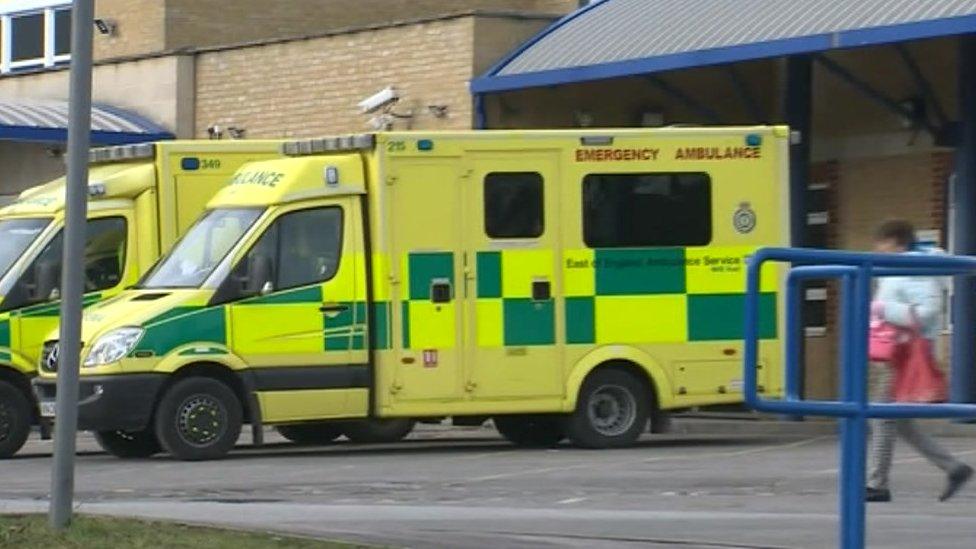Staff culture has improved, East of England ambulance boss says
- Published

Ambulance service chief executive Tom Abell said the service had taken "swifter" action on any staff complaints
The chief executive of an ambulance trust which was in special measures for more than three years says it has seen a "significant reduction" in bullying and harassment cases.
Inspectors concluded there was a "negative culture" and poor leadership at the East of England Ambulance Service NHS Trust (EEAST) in 2020.
This week, the service was removed from special measures by NHS England.
Inspectors said the trust had expanded its safeguarding team and policies.
"We have seen a really significant reduction in cases of bullying, harassment and sexual harassment within the workplace," said trust chief executive Tom Abell, speaking to the BBC.
"We've [also] seen a really significant increase in the number of people speaking up around issues of bullying or sexual harassment in the workplace.
"That means we can now take much swifter, much more decisive action to tackle those issues at source, head on, and so it doesn't perpetuate and we can make sure that we're continuing to improve our culture."
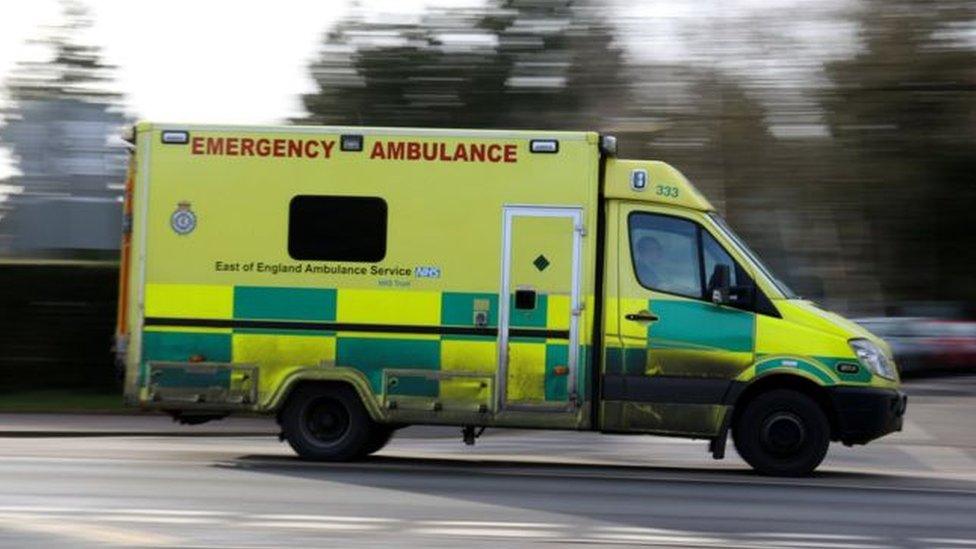
Mr Abell said response times at the service had been halved over the last two years
In 2018, hundreds of EEAST employees reported bullying in a staff survey, and in 2020, a Freedom of Information Act request revealed 28 non-disclosure agreements had been issued since 2016.
Thirteen cases of sexual misconduct by staff were also reported to police, the Care Quality Commission (CQC) later reported.
However in July 2022, the CQC said the trust showed significant improvements on "cultural issues, external" and improvement in the way allegations were handled.
On Tuesday, NHS England announced the trust was removed with "immediate effect" from the National Recovery Support Programme - previously known as special measures.
"Being caring isn't just around always being cuddly," added Mr Abell.
"Caring can also mean we have to have difficult conversations. We have had some difficult conversations within the organisation around tackling sexual harassment, tackling issues of racism.
"Ultimately that has got to lead to us delivering better care."
He said the trust was "putting out an extra 20 to 30 ambulances per day than we were this time last year" and said response times to incidents had "halved over the course of the last couple of years or so".

Follow East of England news on Facebook, external, Instagram, external and X, external. Got a story? Email eastofenglandnews@bbc.co.uk, external or WhatsApp 0800 169 1830
- Published9 January 2024
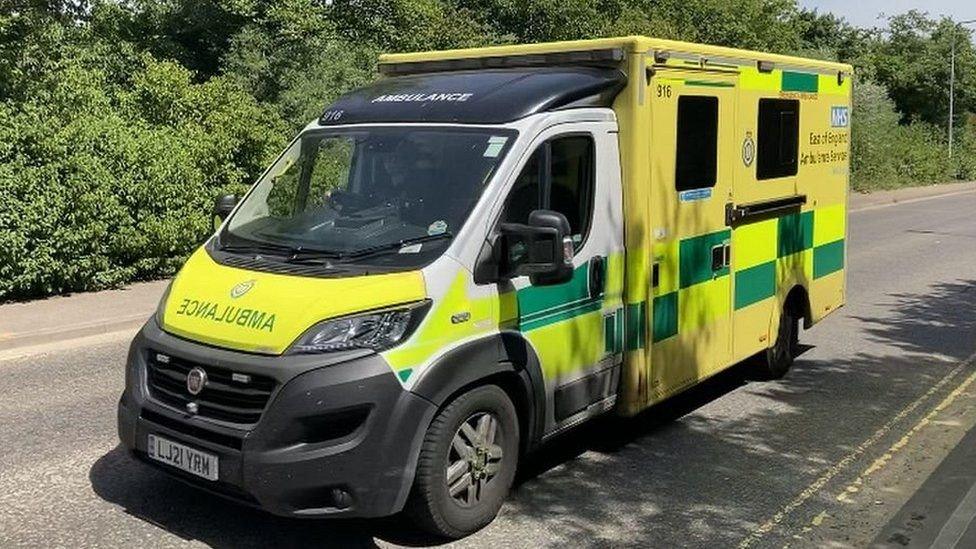
- Published13 July 2022

- Published18 June 2022
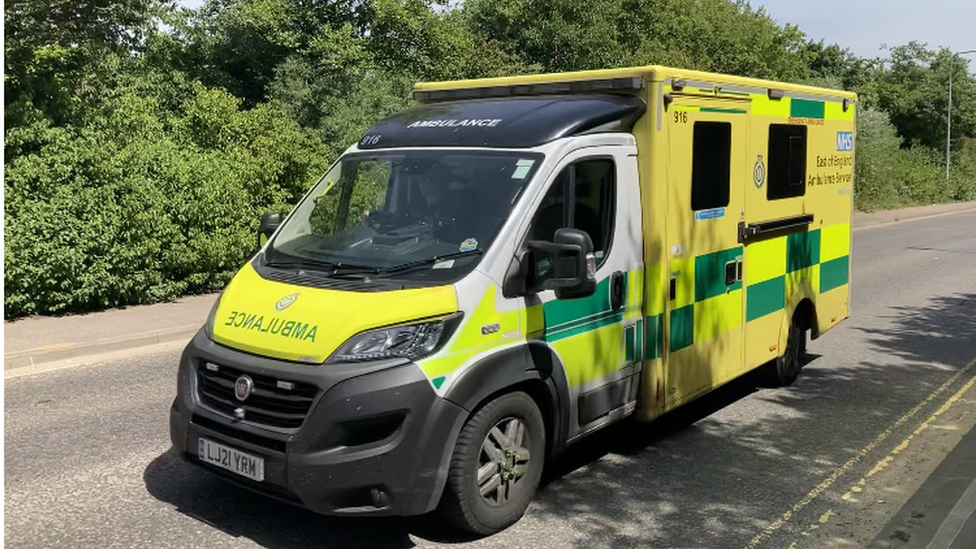
- Published3 March 2022
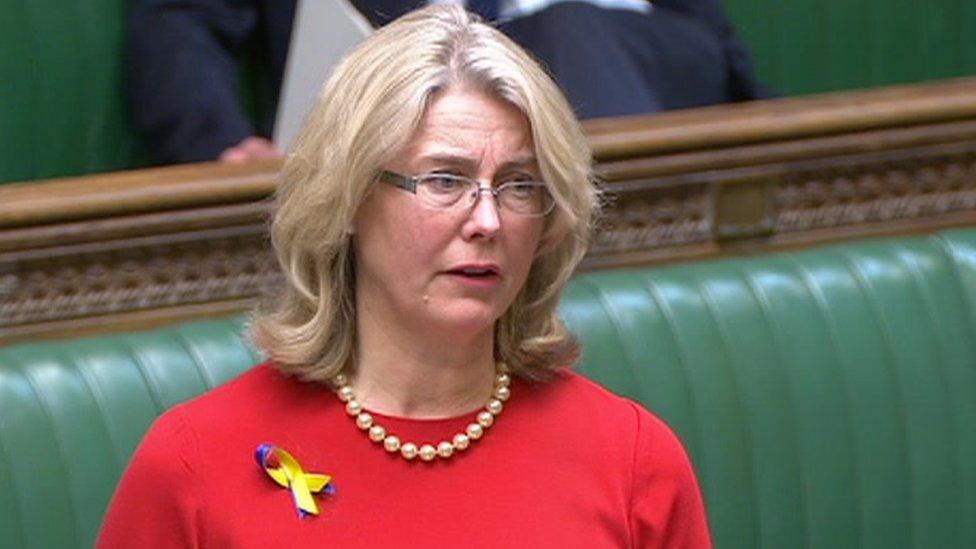
- Published13 January 2022
